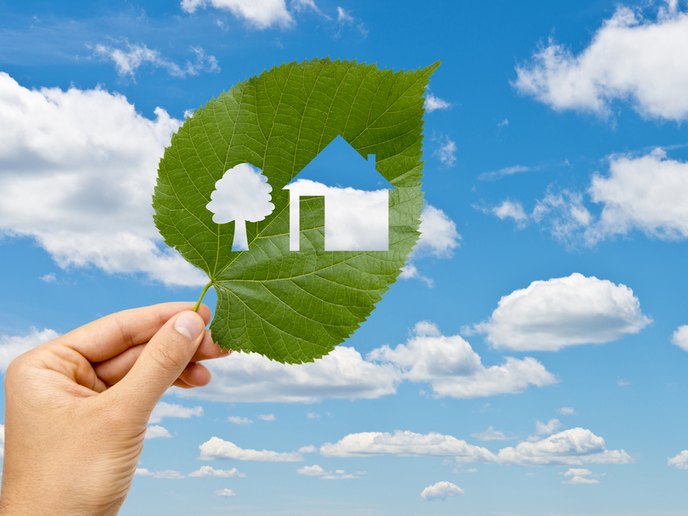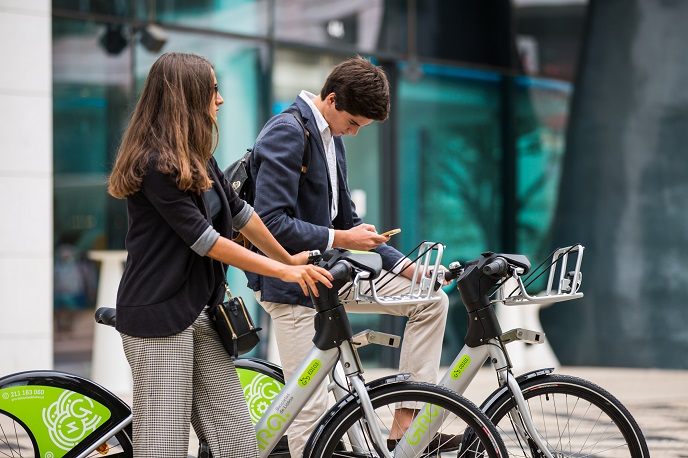Human-centric behavioural change framework encourages sustainable energy behaviours
Thanks to the rapid evolution of technology, consumers today have instant access to information through their smart devices, increasing the demand for ‘data-oriented services’. On top of this, the European Green Deal(opens in new window) has set key priorities to reduce energy consumption in order to lower greenhouse gas emissions as well as reduce energy costs. This impacts on consumer requirements regarding their energy services. As a result, energy providers are up against a major challenge of how to best evolve away from the traditional energy retailing business to new, data-driven energy services. The EU-funded UtilitEE(opens in new window) project has the solution: a customer-oriented universal behavioural change framework capable of identifying energy-hungry activities in real time and providing meaningful feedback(opens in new window) to users to motivate and engage them in a continuous process of learning and improvement towards energy efficiency. “We aimed to enhance a behavioural change approach with ICT support to promote and establish more sustainable energy-related behaviours in the daily lives of citizens,” explains Antonis Papanikolaou, project coordinator. UtilitEE also sought to study the impact of nudges, in the form of feedback, on people’s behaviours and the persistence of adapted behaviours.
Boosting energy-efficient behaviours
The framework provides ‘behavioural triggering’ through comprehensive analytics that helps users better understand their energy consumption. “It also offers comparative statistics on their energy performance, challenging them to be more sustainable. Further to this, users are also given guidance on and encouragement for sustainable behaviours,” explains Angelina Katsifaraki, project coordinator. Using this feedback, energy providers also have the opportunity to further implement policies to meet their customers’ needs. A proof of concept of the UtilitEE behavioural change framework was successfully tested in five large-scale pilot sites in Germany, Spain, France, Greece and Poland, at residential and commercial properties. “The results showed a sizeable energy conservation potential of about 20 % on average. The solution was also met with high user acceptance, which is critical to lowering barriers regarding users’ reluctance to sacrifice comfort or lifestyle options for green sustainability,” outlines Papanikolaou. During the process, a high percentage of participants expressed how their experience with the UtilitEE framework improved their understanding of energy consumption patterns and helped them become more energy efficient. “Energy bills verified these claims with 75 % of participants in the project’s demonstration activities showed persistent efficient energy behaviour,” confirms Katsifaraki.
An energy-efficient road ahead
The UtilitEE outcomes provided many insights on the value and impact of automated digital systems to trigger behavioural change towards more sustainable lifestyles and active energy conservation from citizens. “Such insights are critical for achieving the European Green Deal and the energy transition,” notes Papanikolaou. The solution also places end users at the heart of the energy transition and has the potential to help reduce emissions and energy costs. The UtilitEE consortium is now building on these findings and is leveraging the technology to test these concepts in wider audiences and more European countries. “One of the main barriers to engage citizens in the energy transition is the perceived hassle and financial overhead. Any product or service that can turn this engagement from a chore to something desirable and enjoyable is bound to pave the way for a greener future for Europe,” concludes Katsifaraki.







